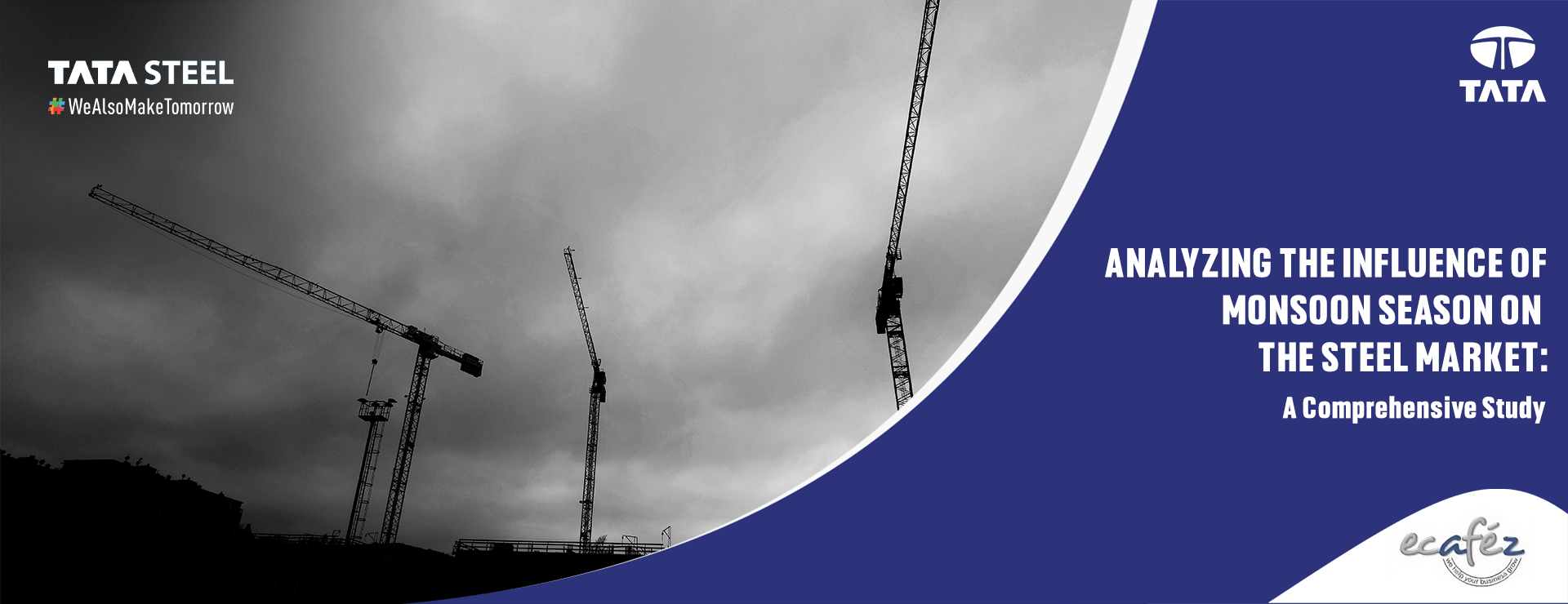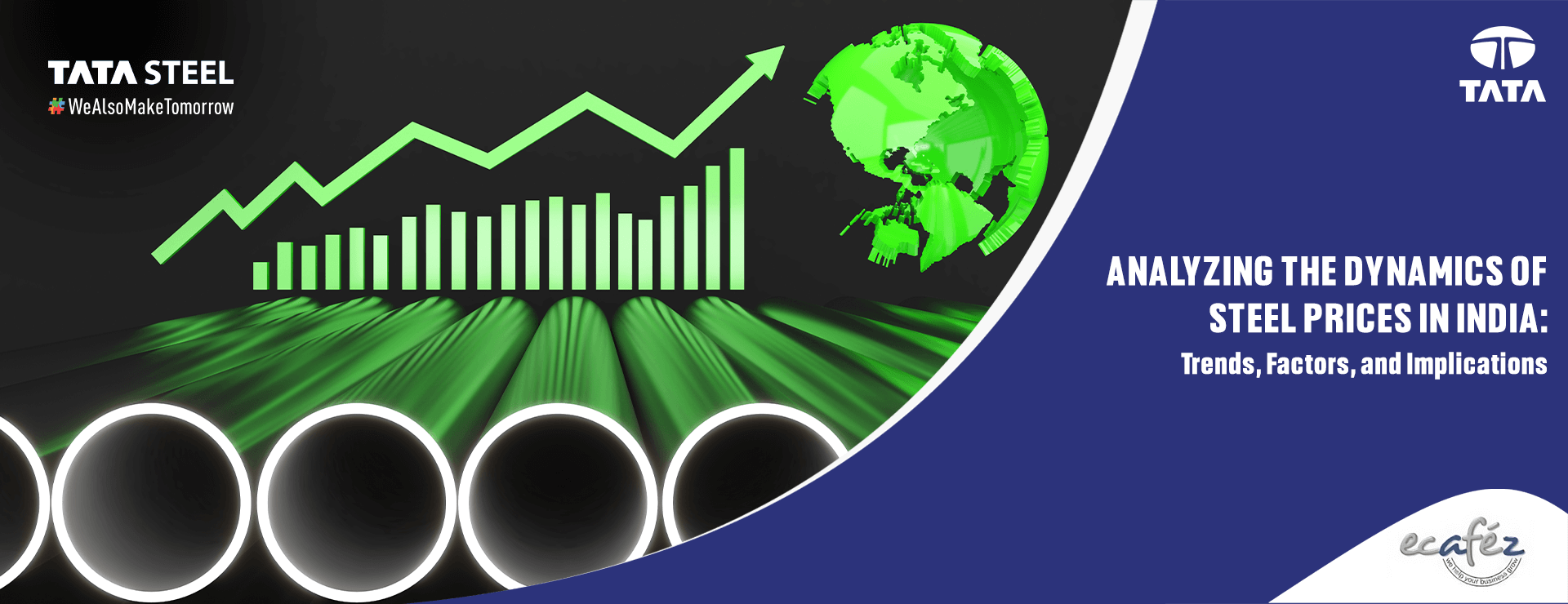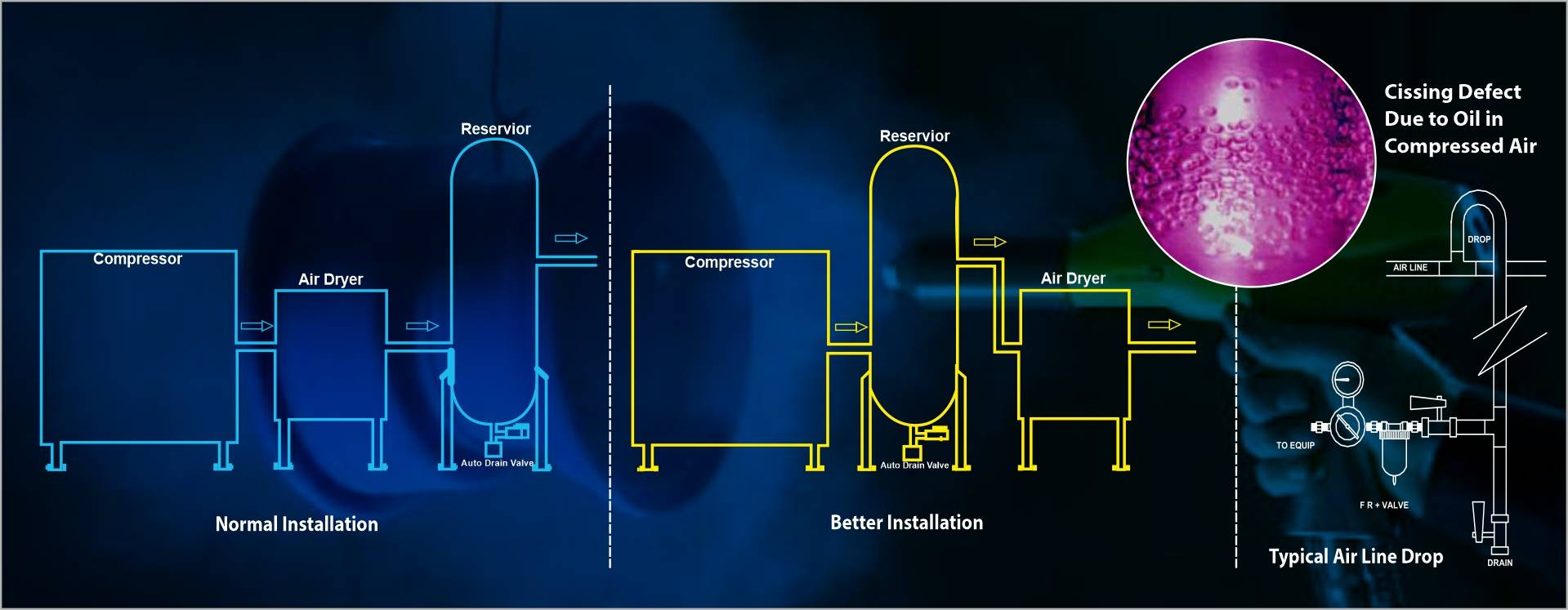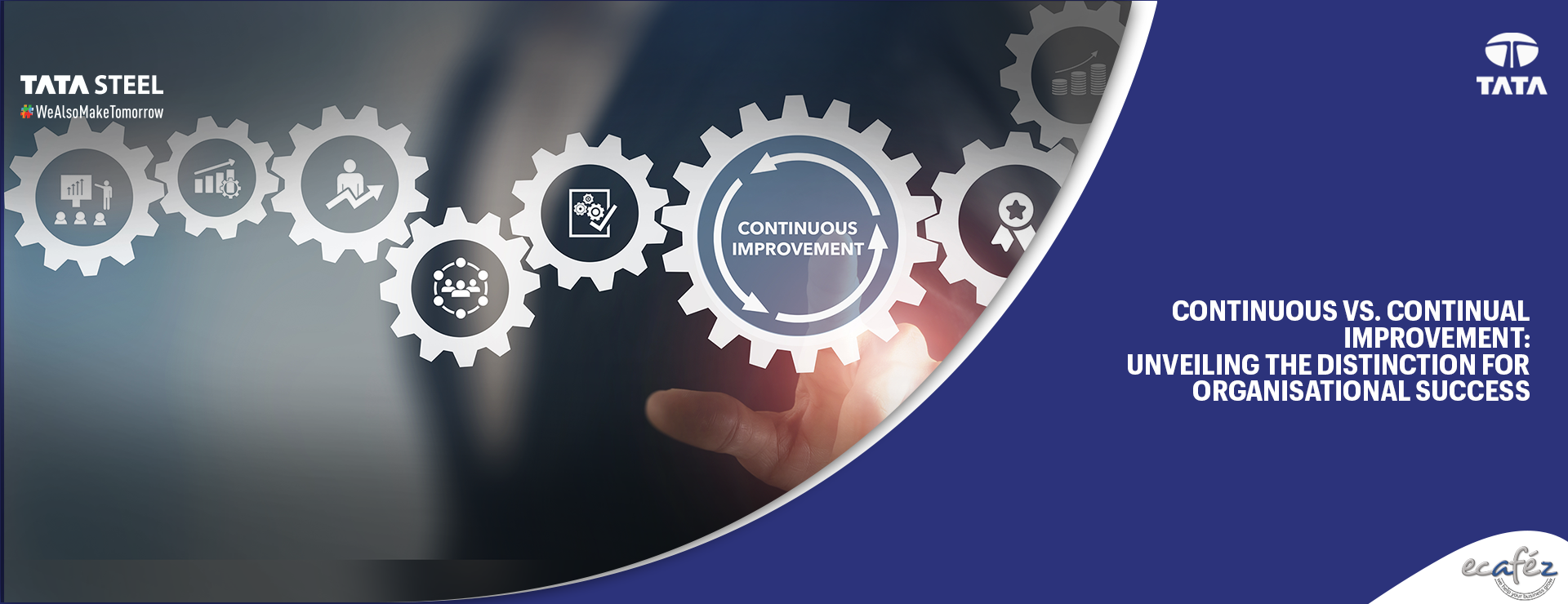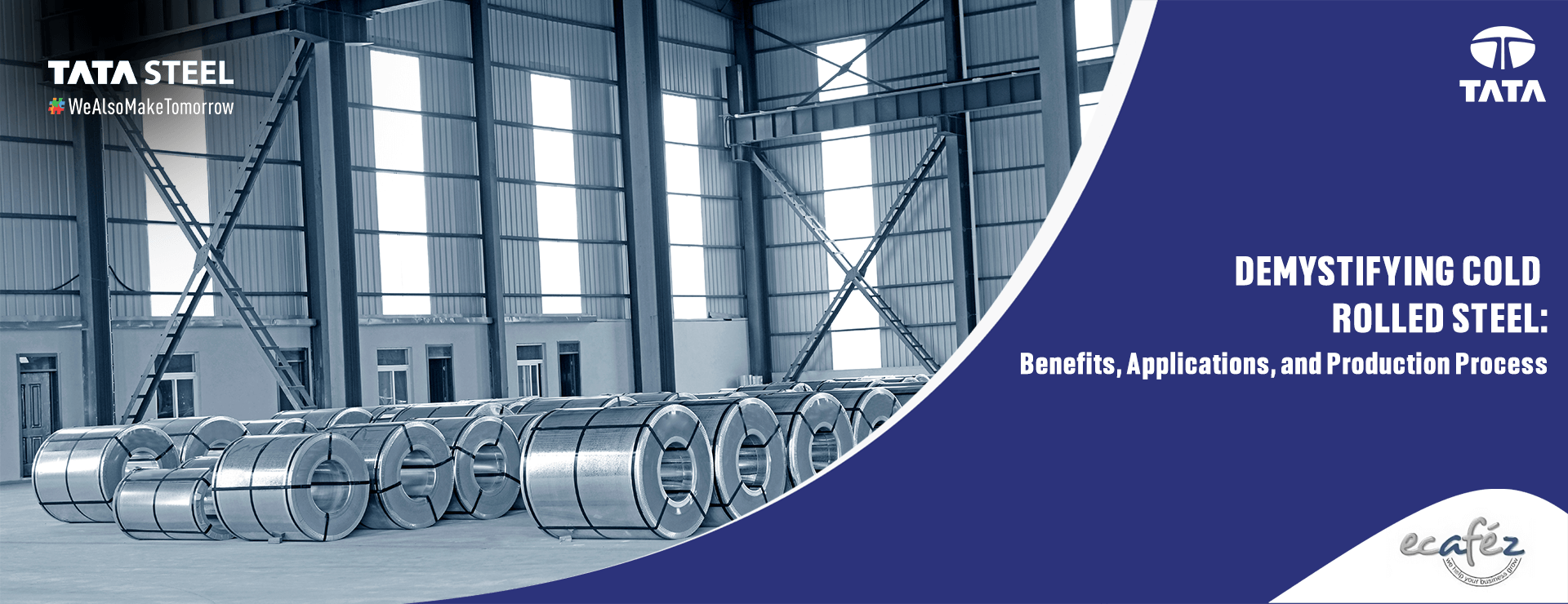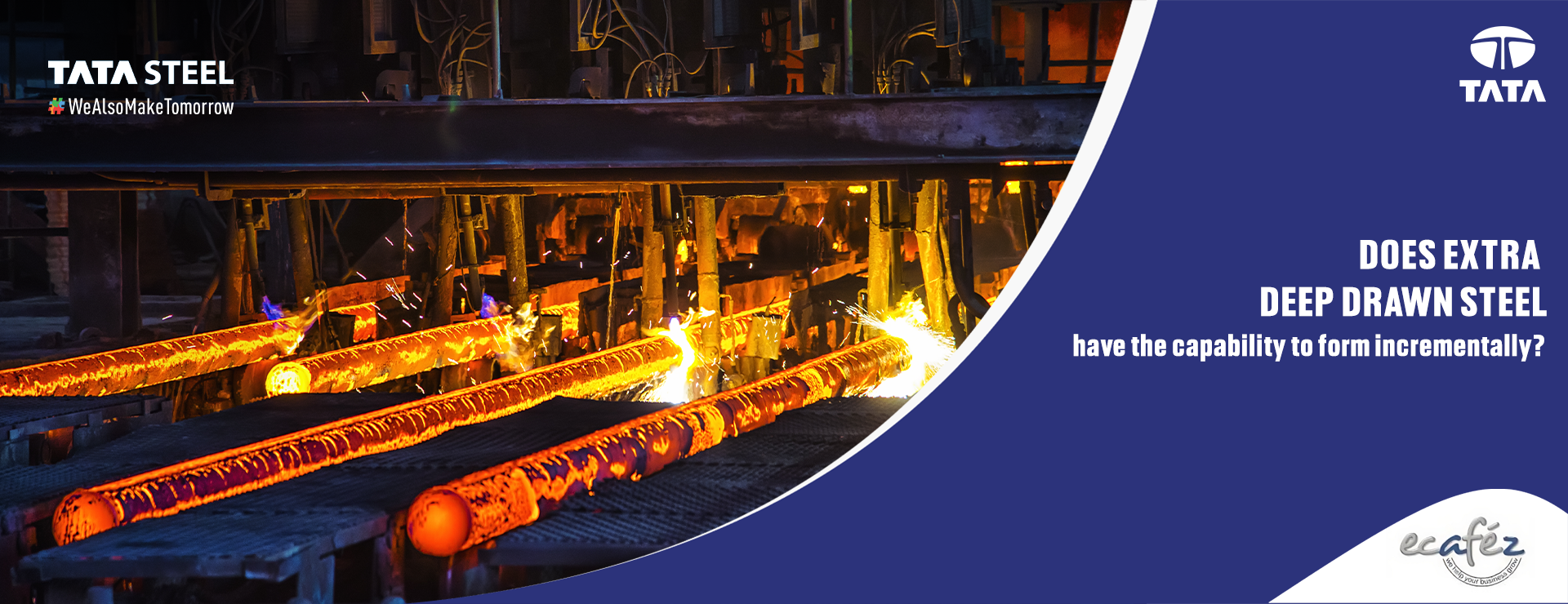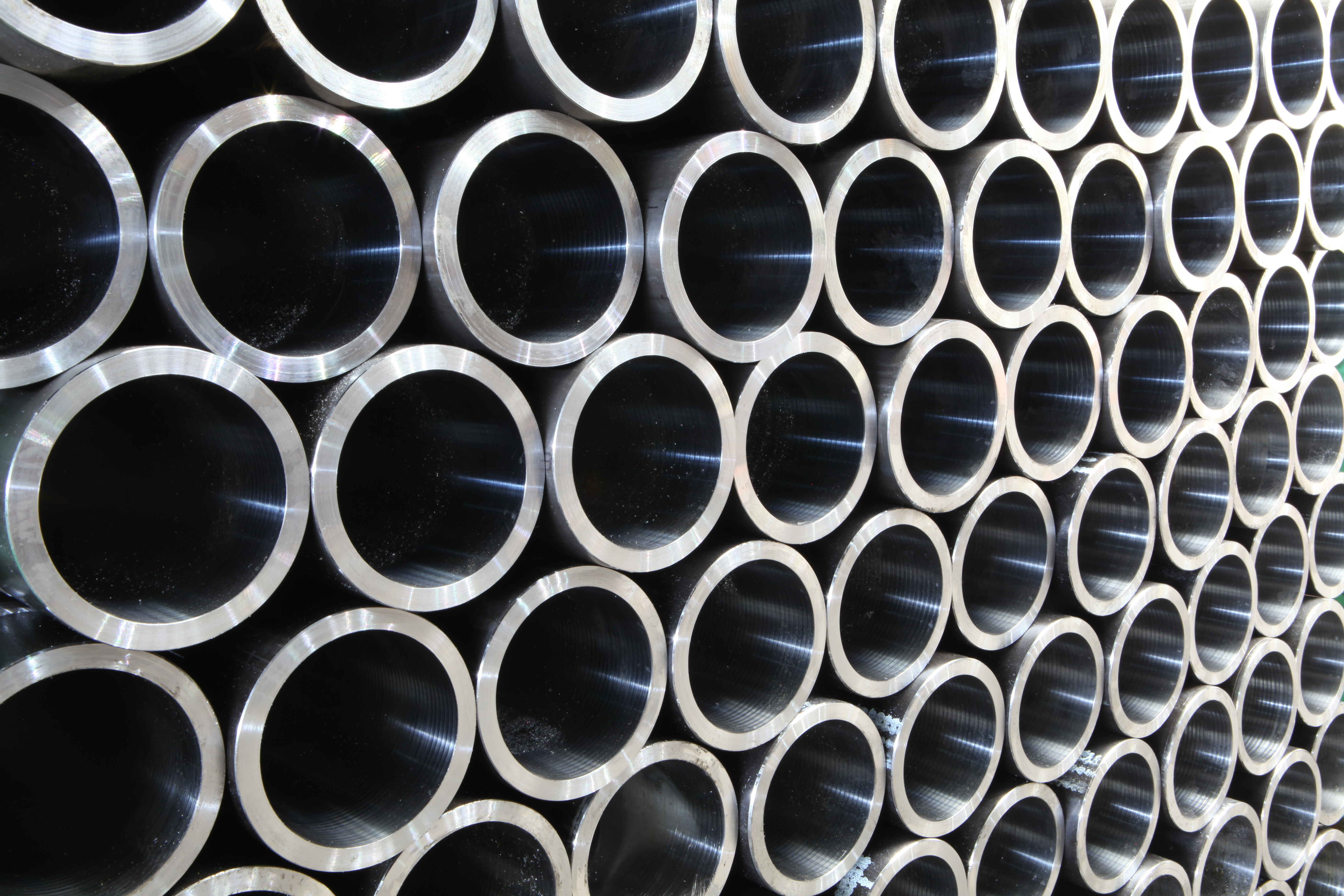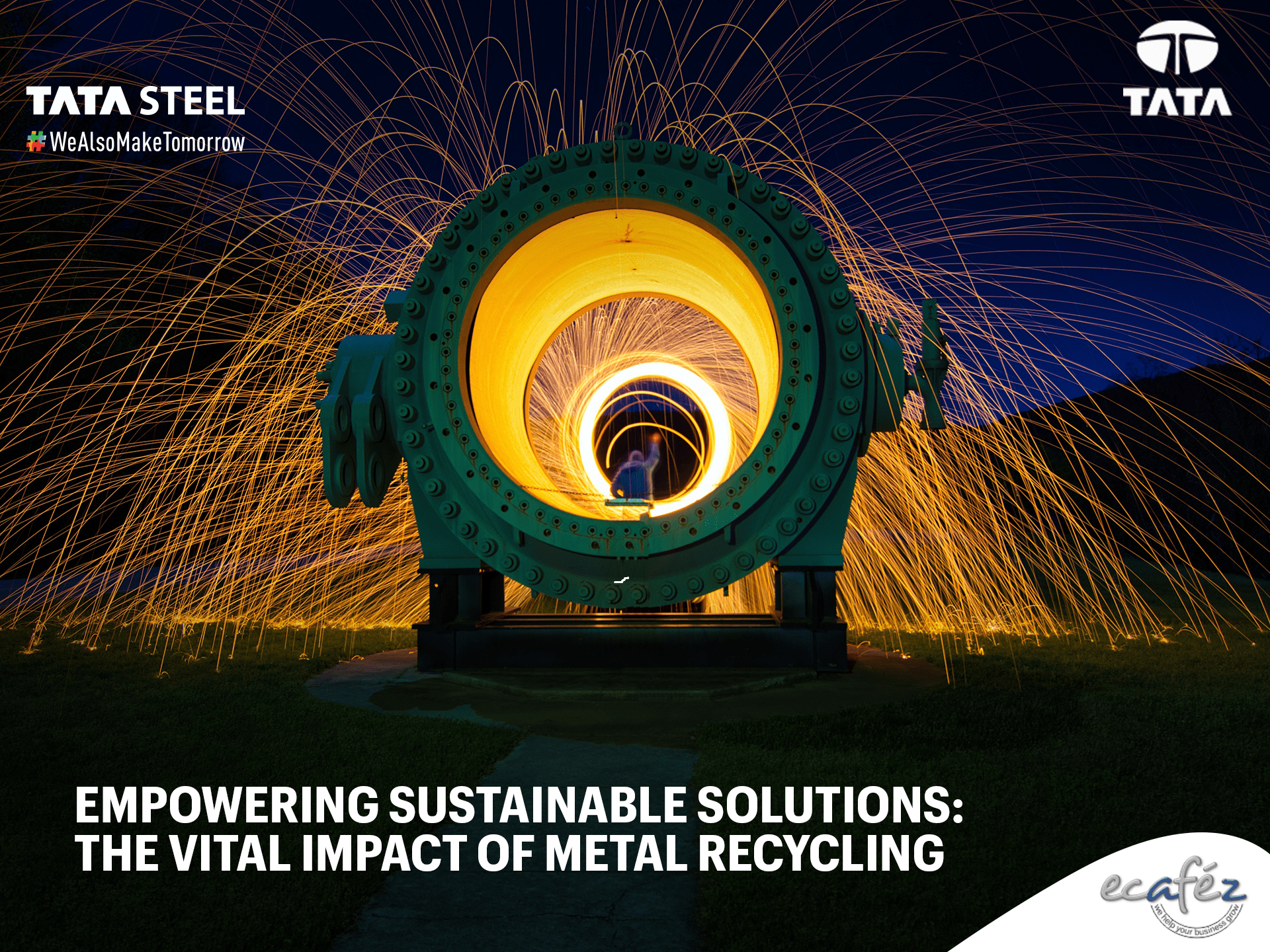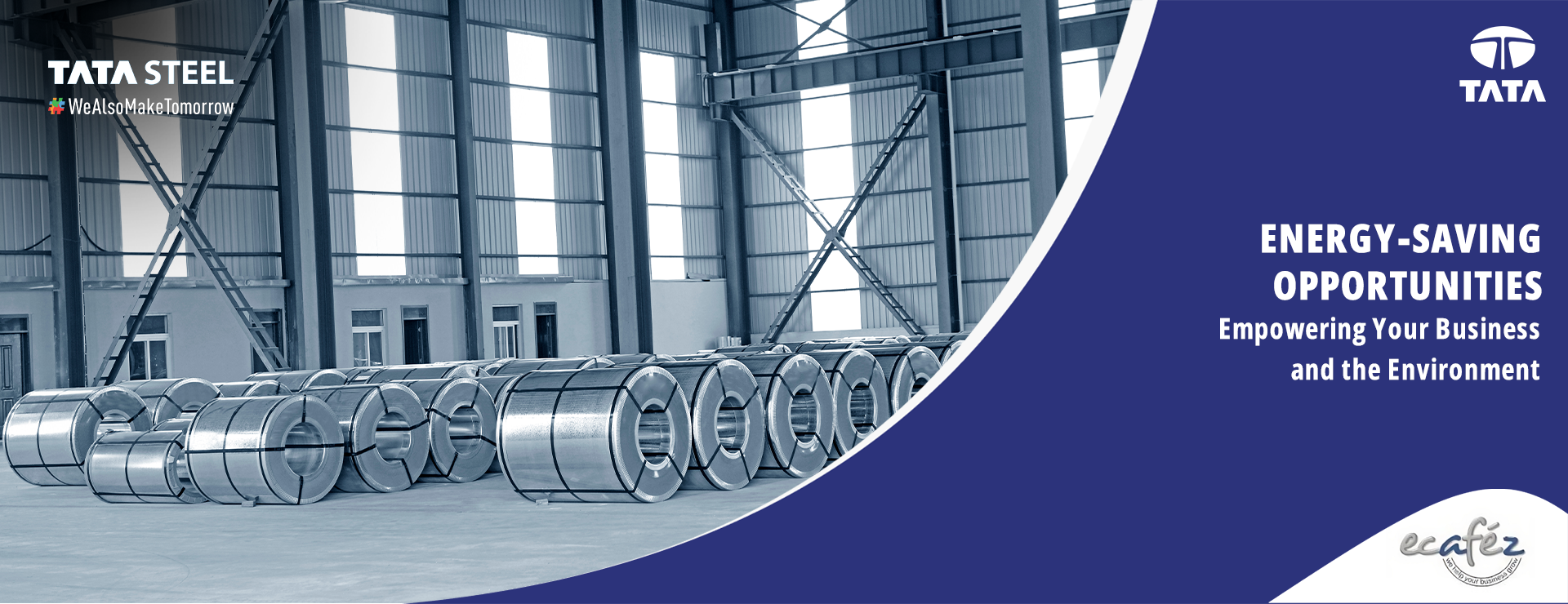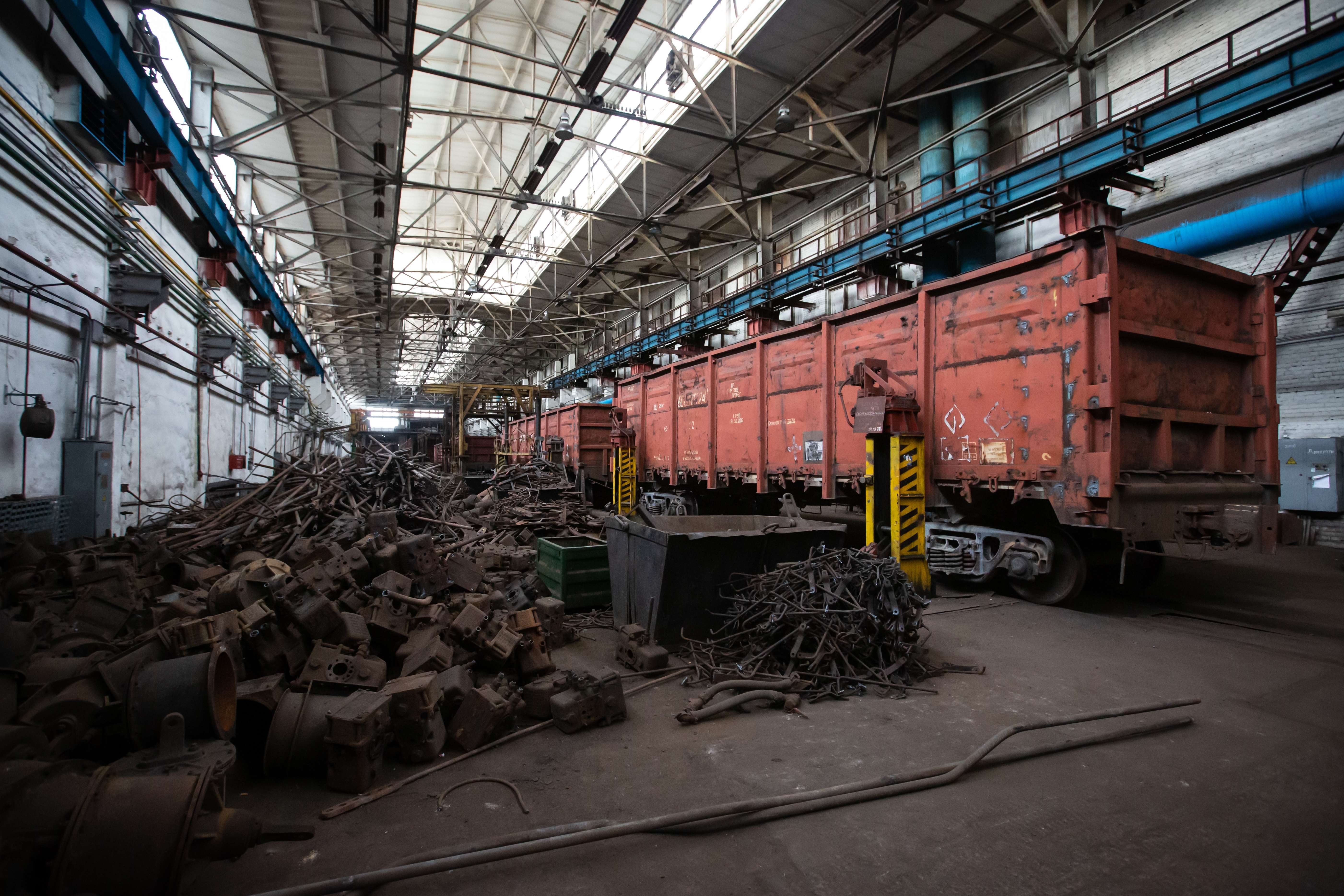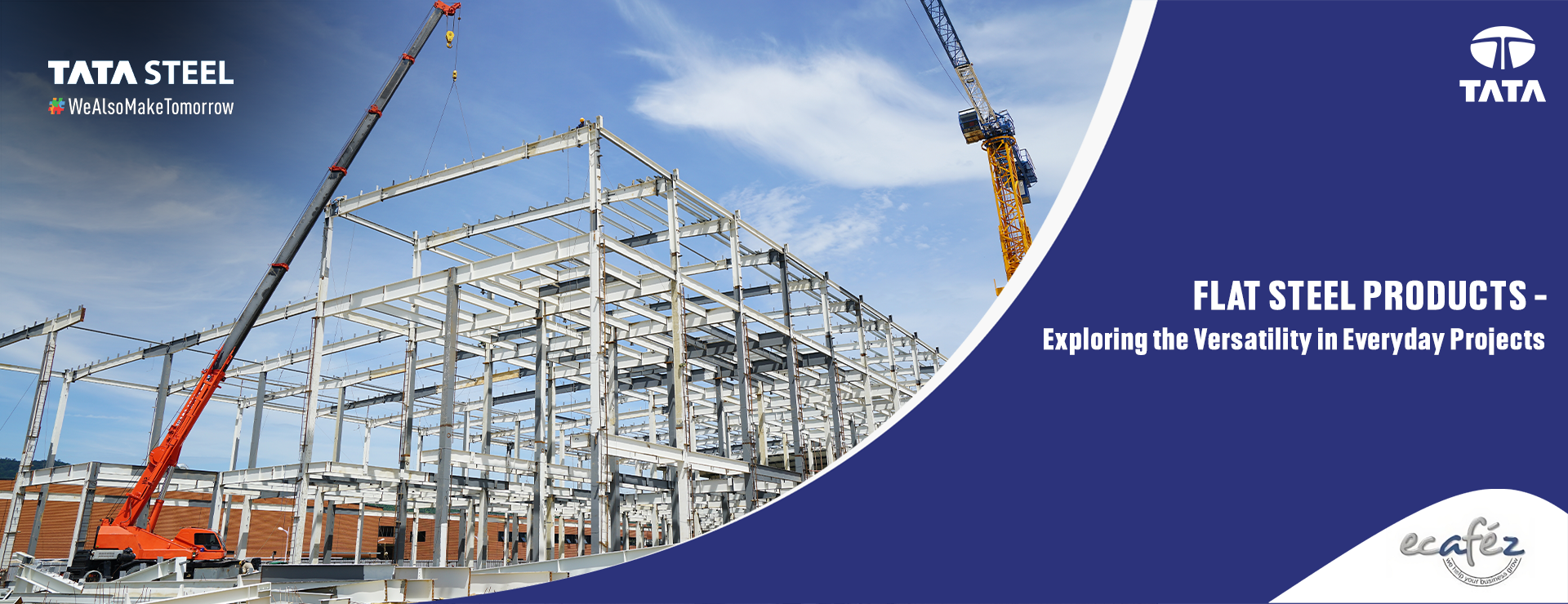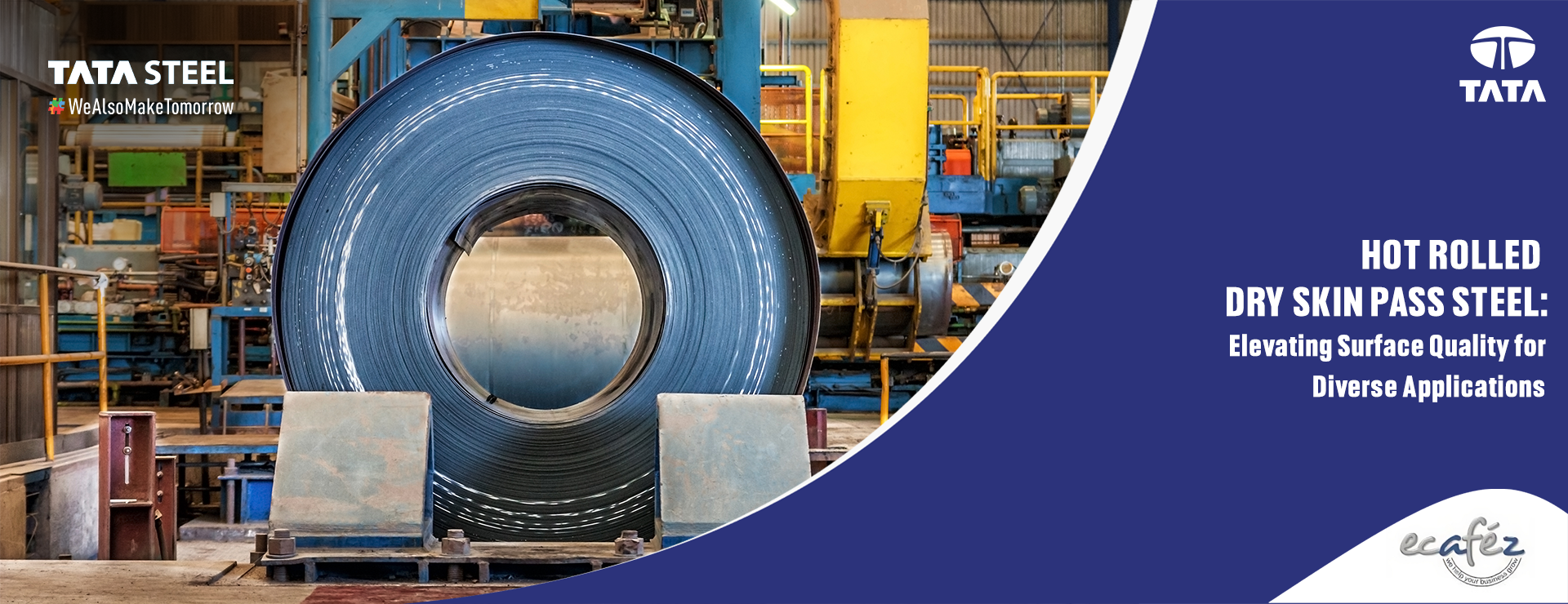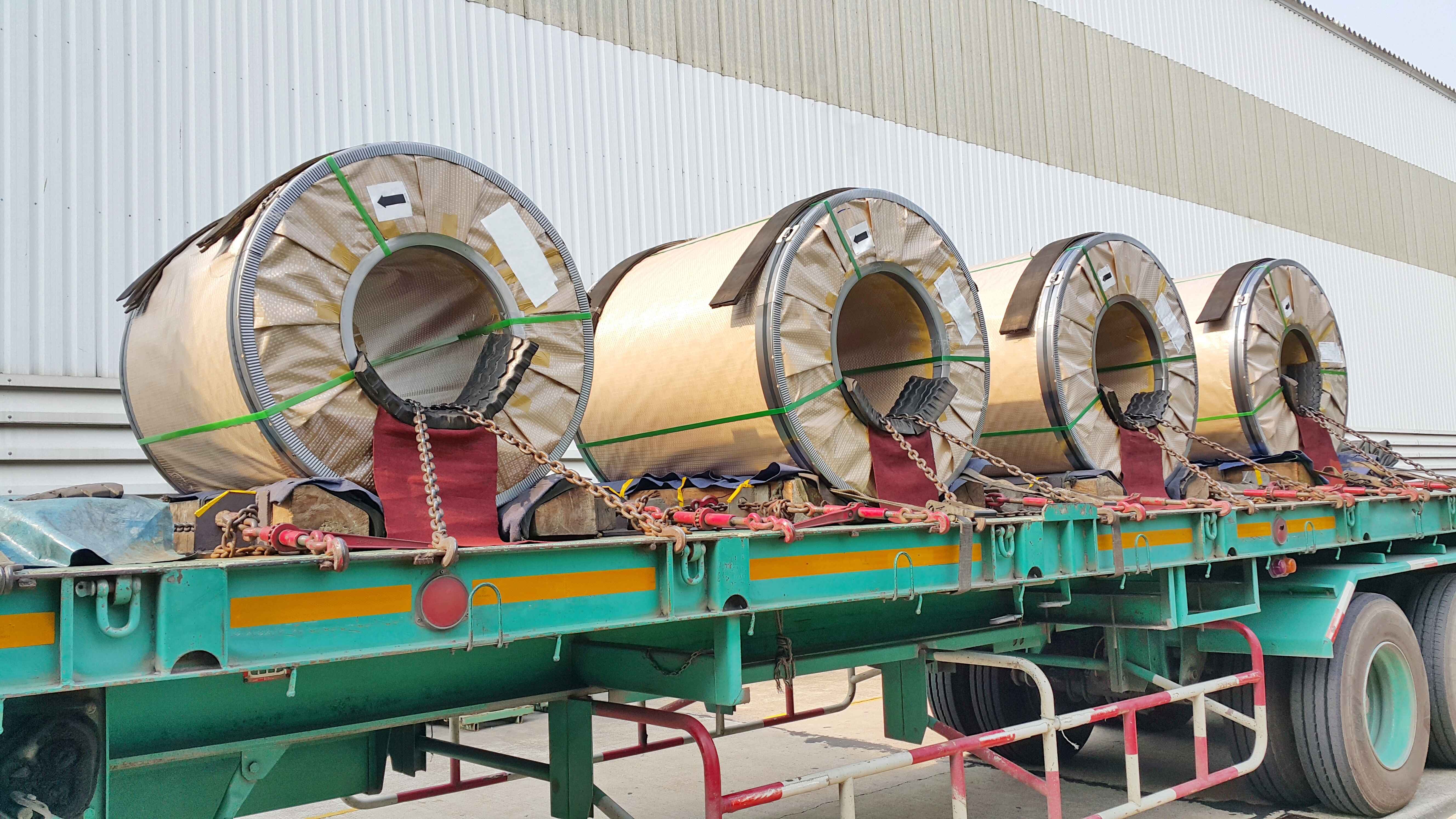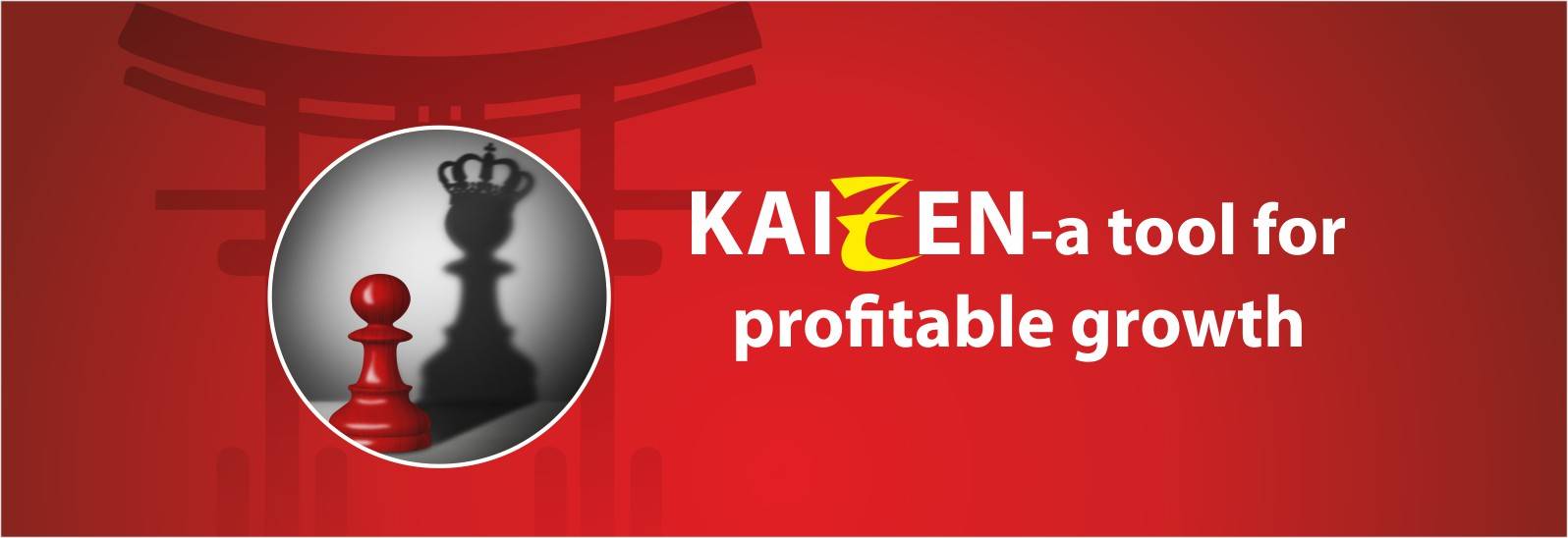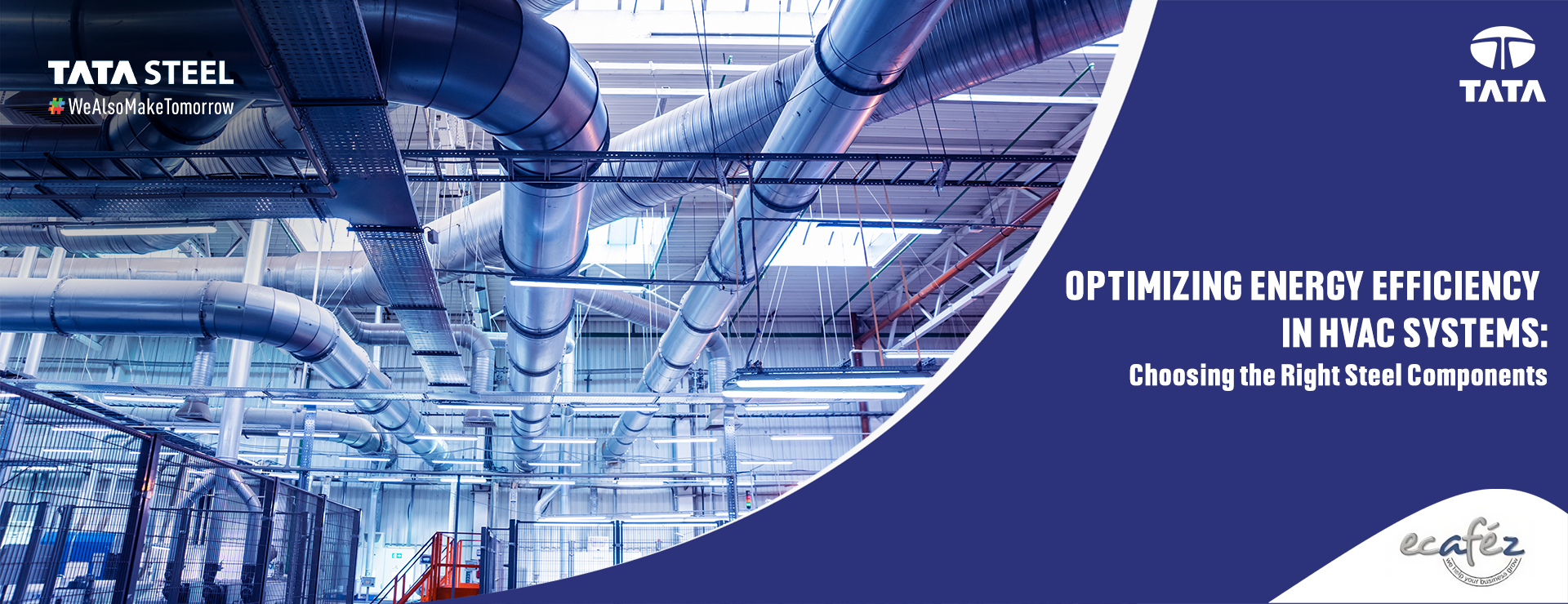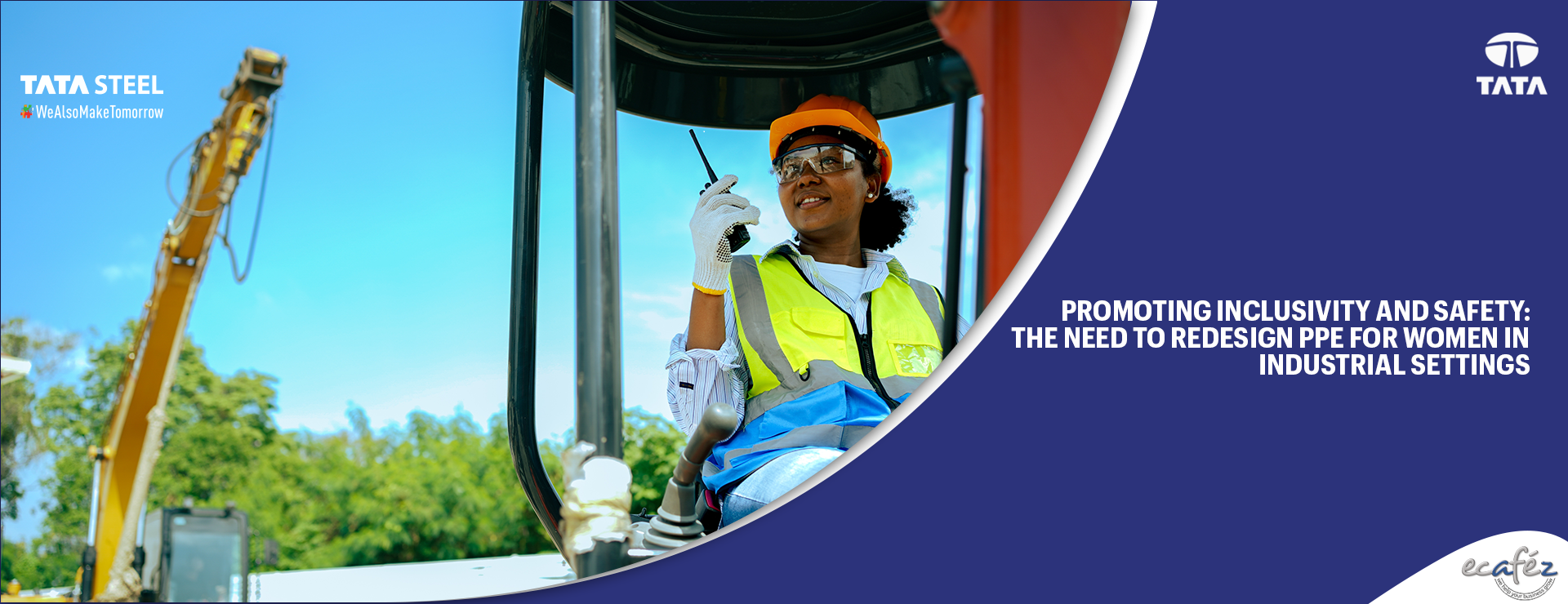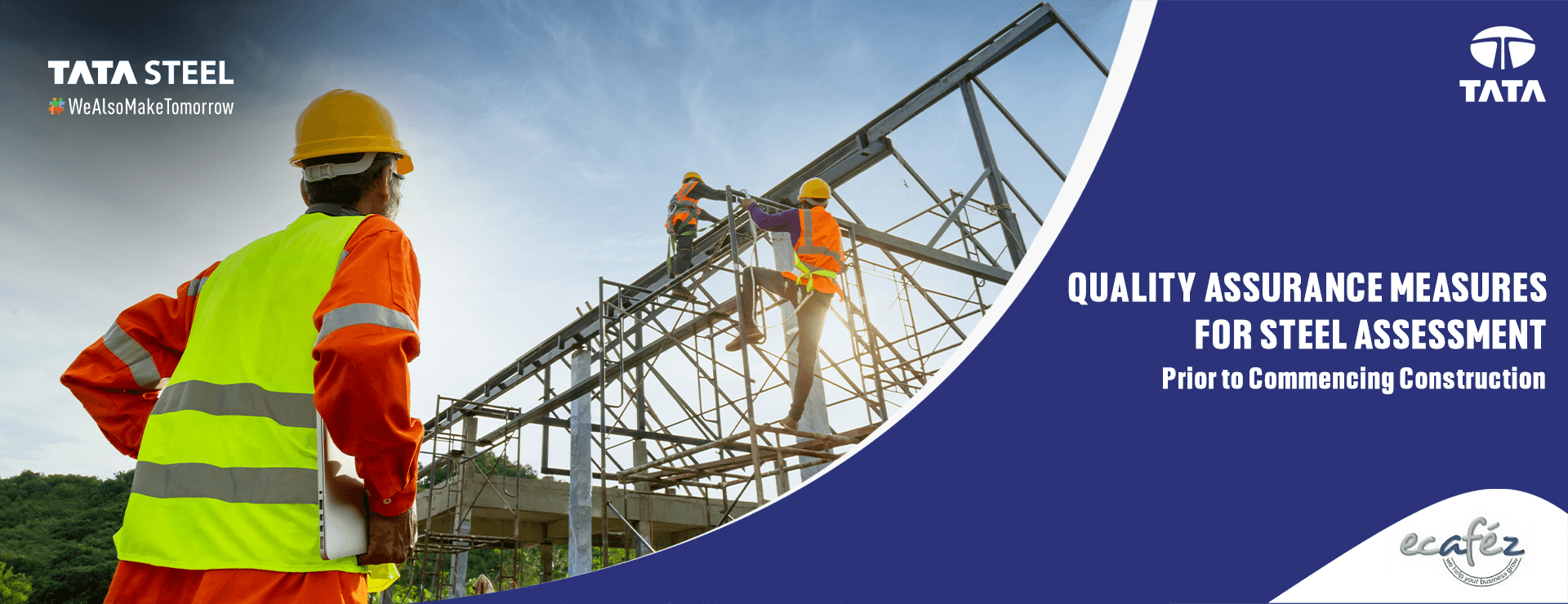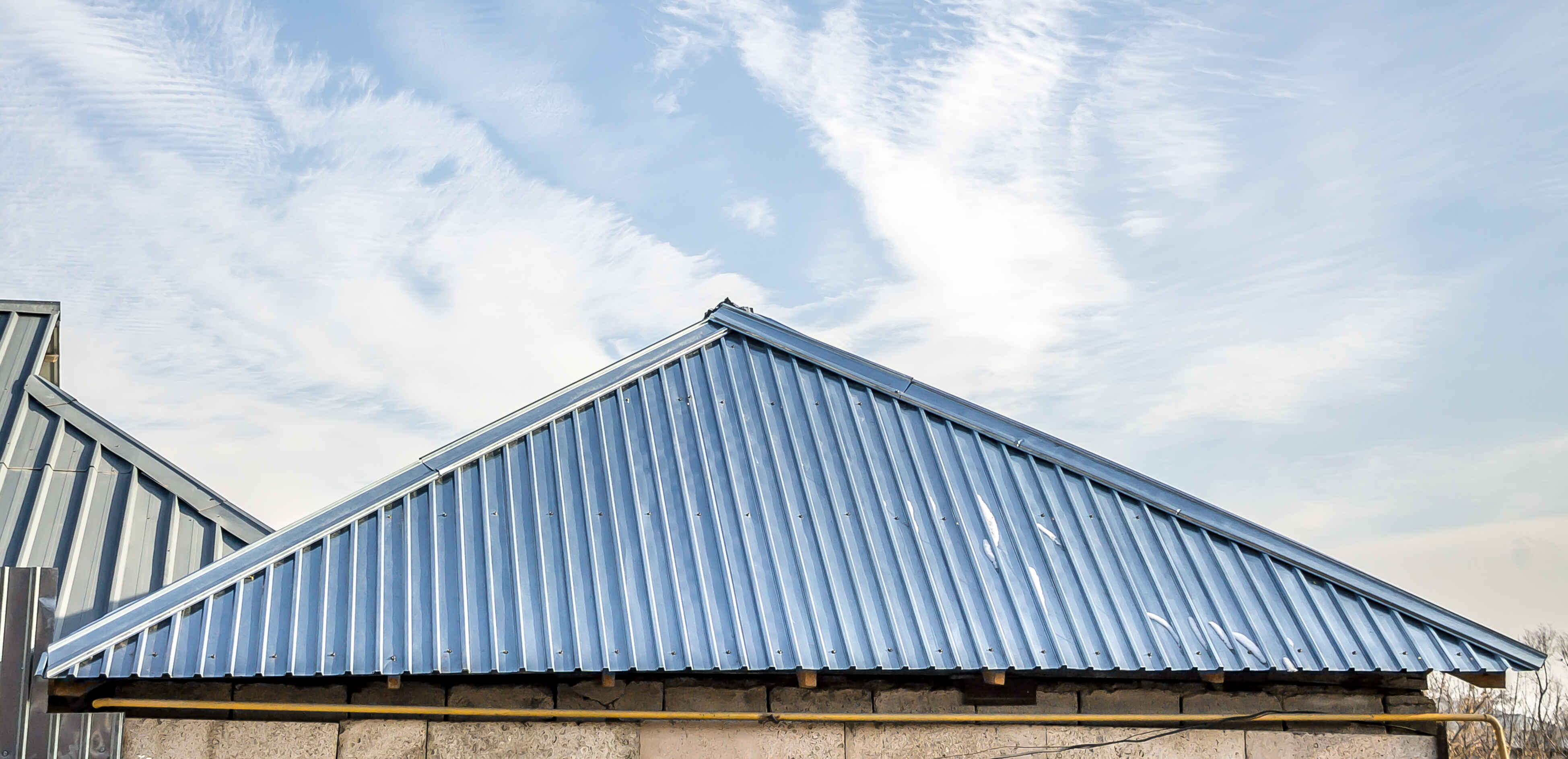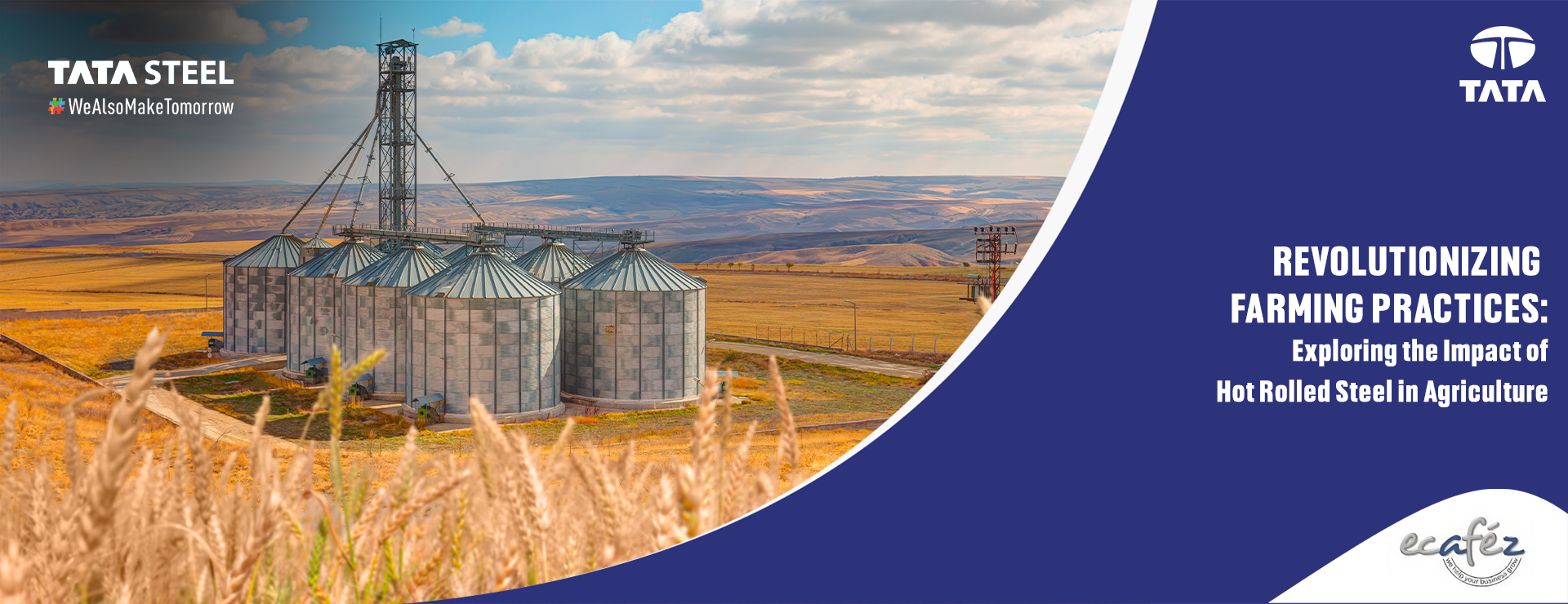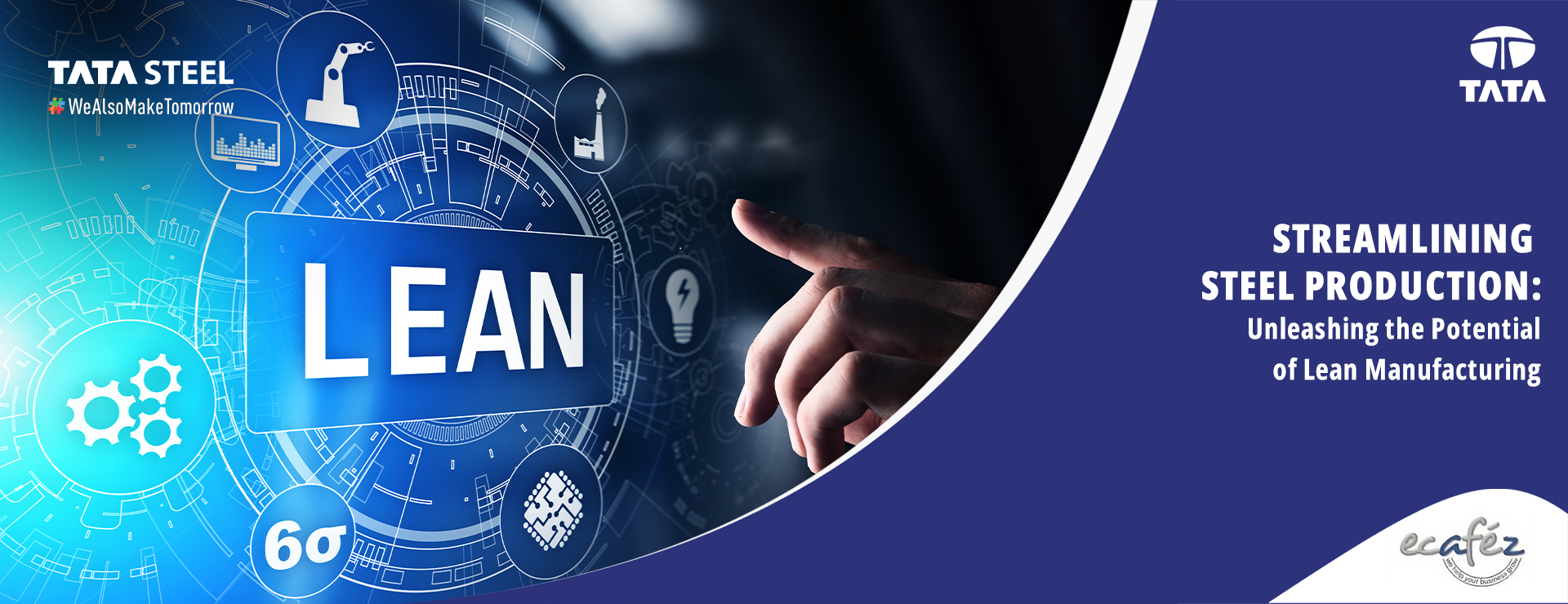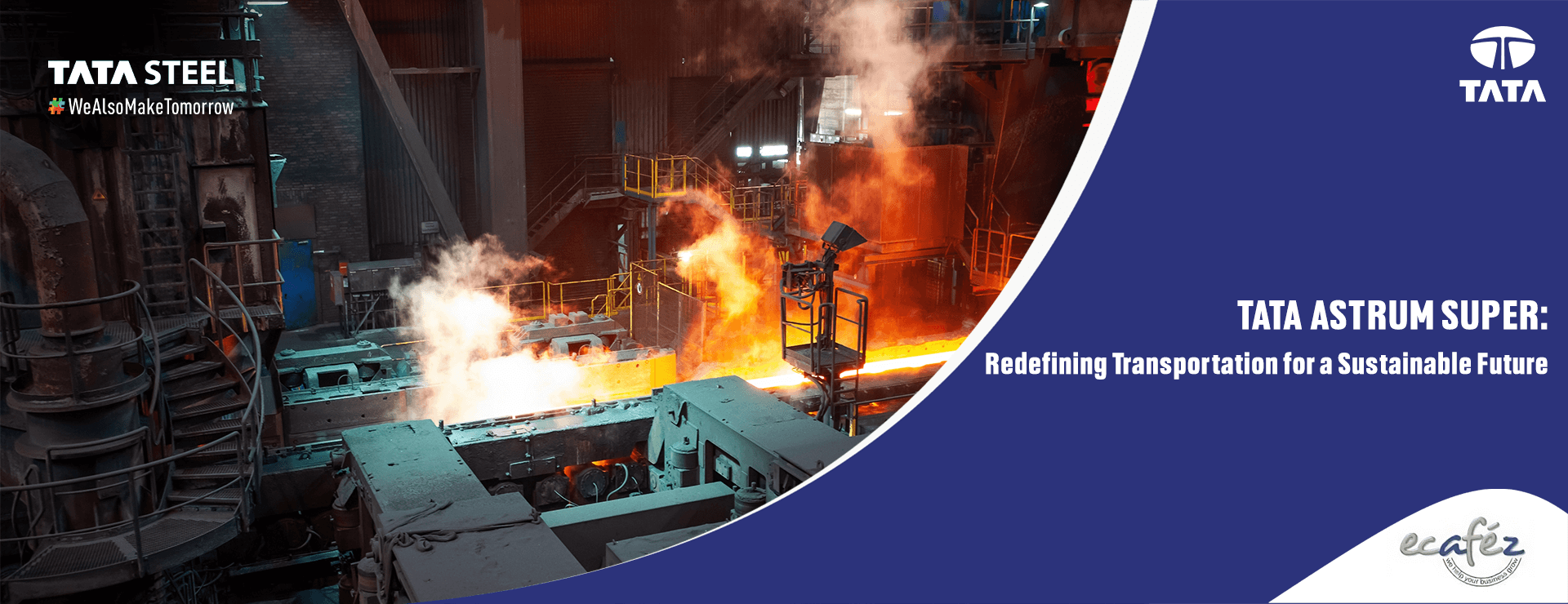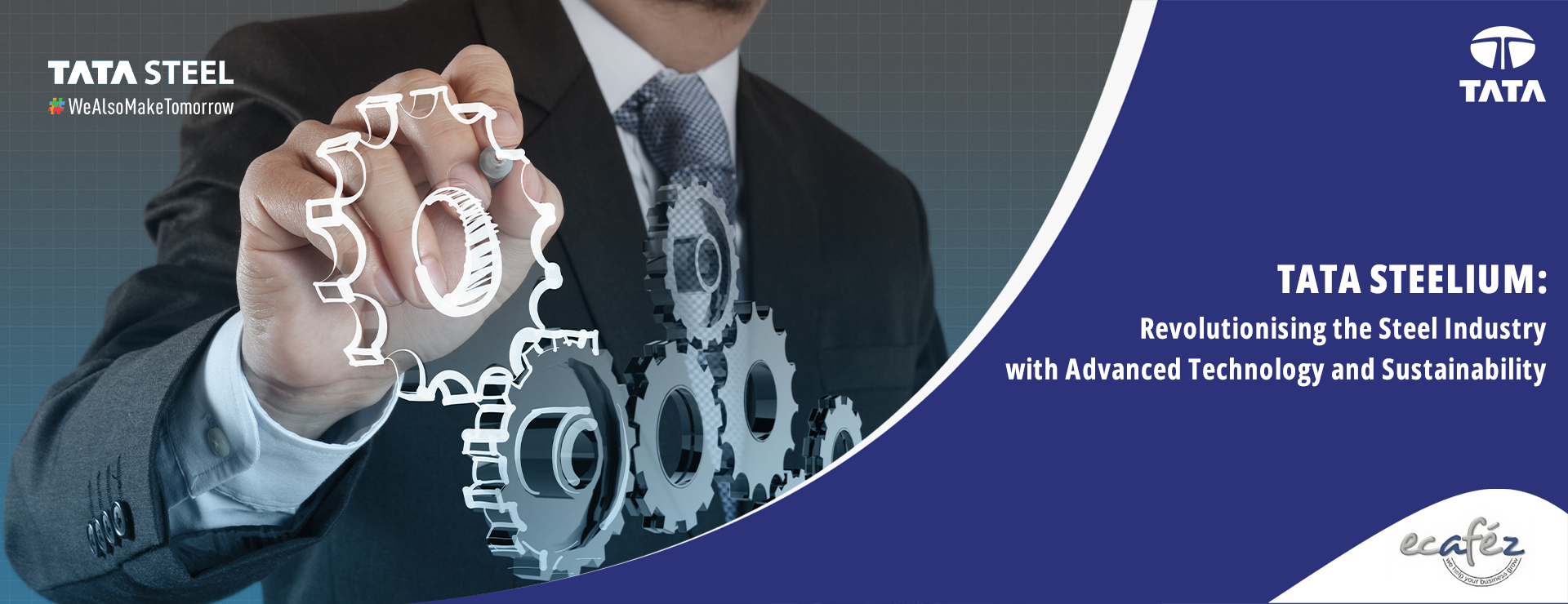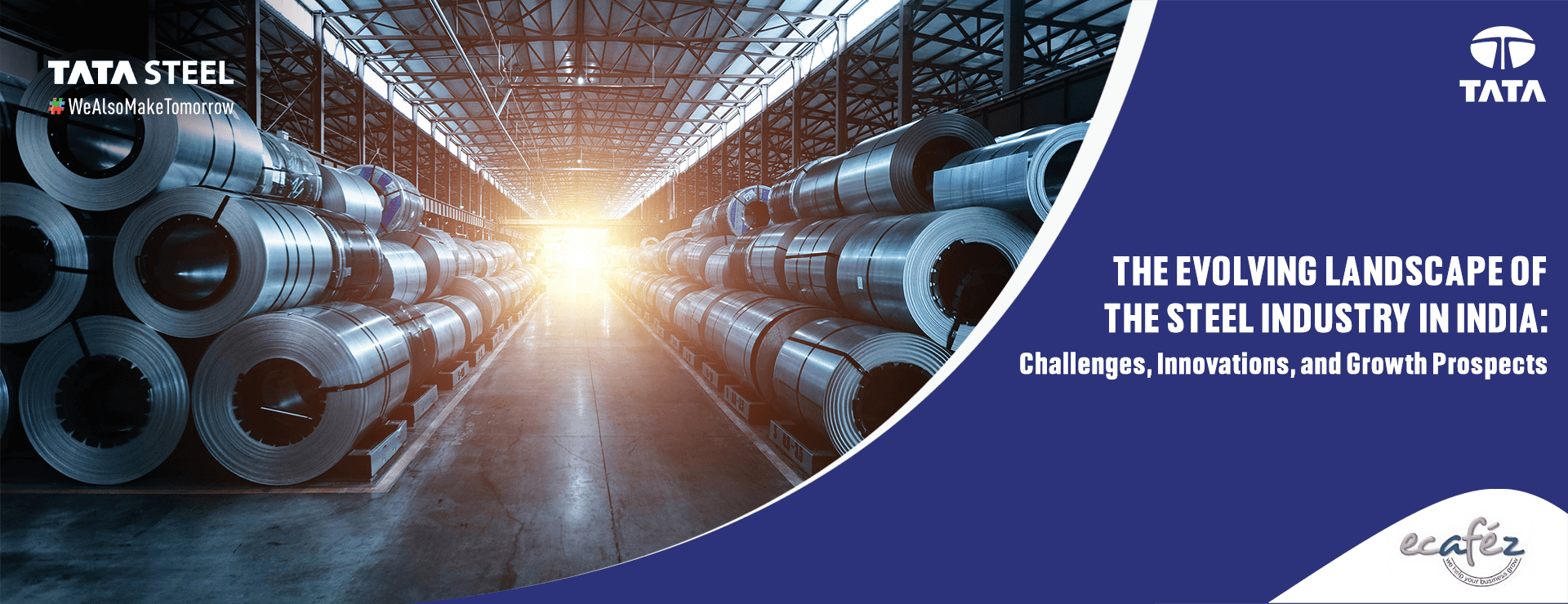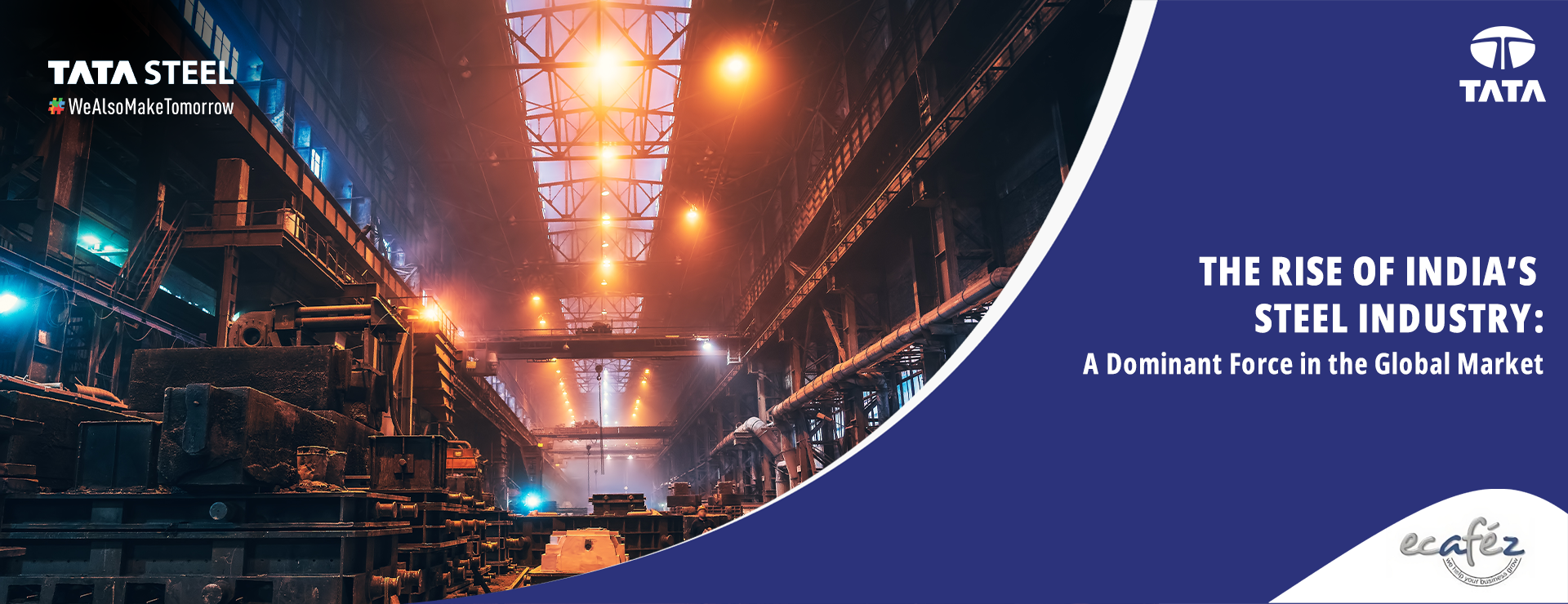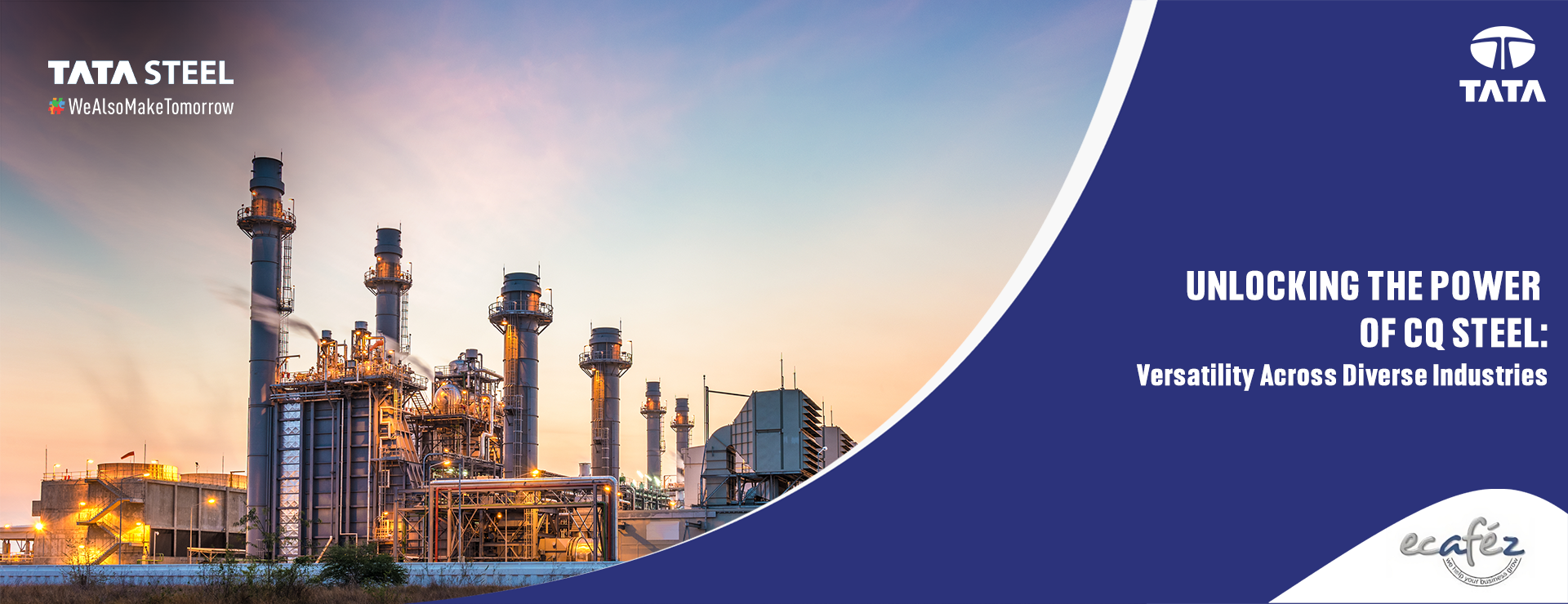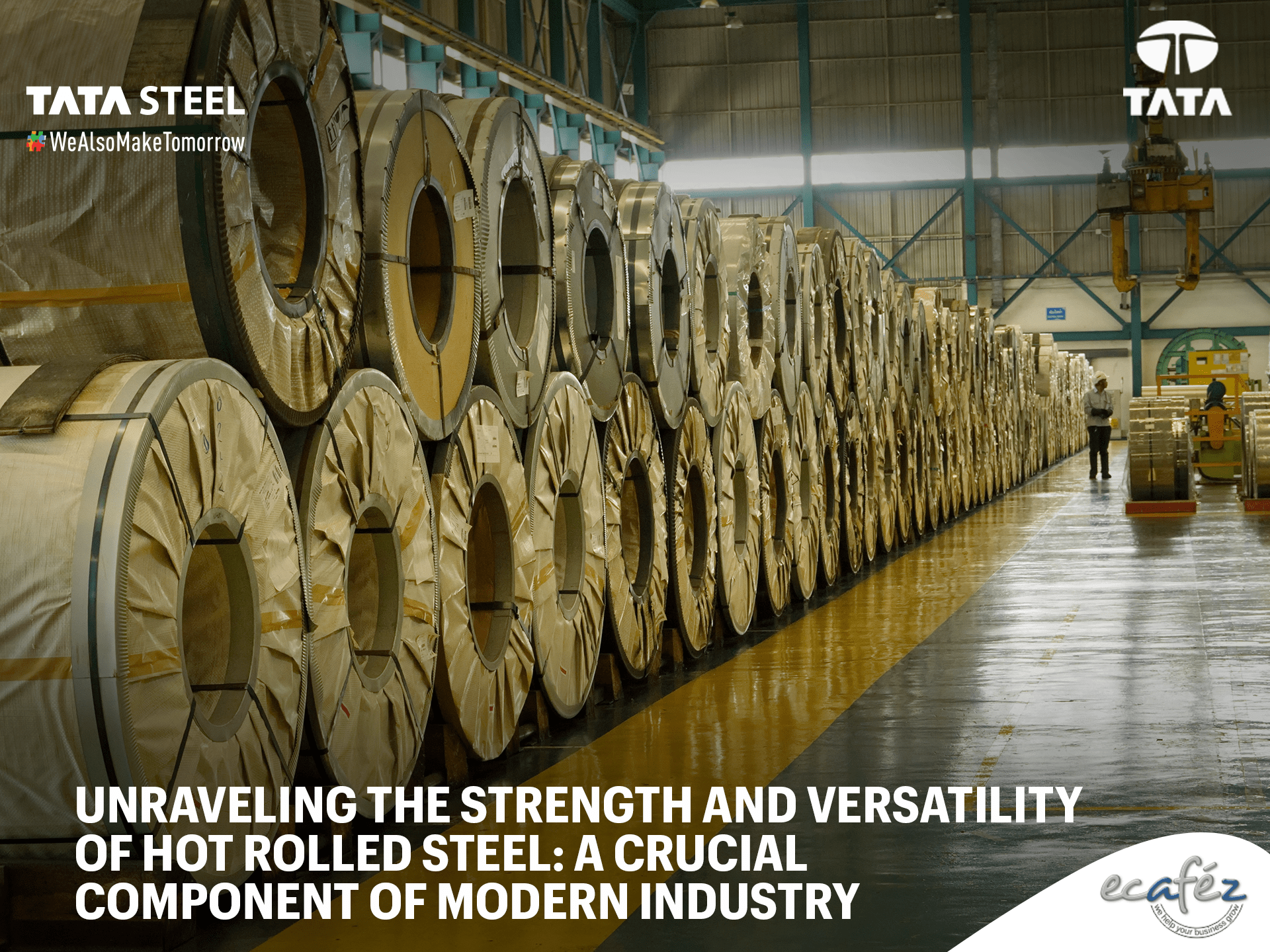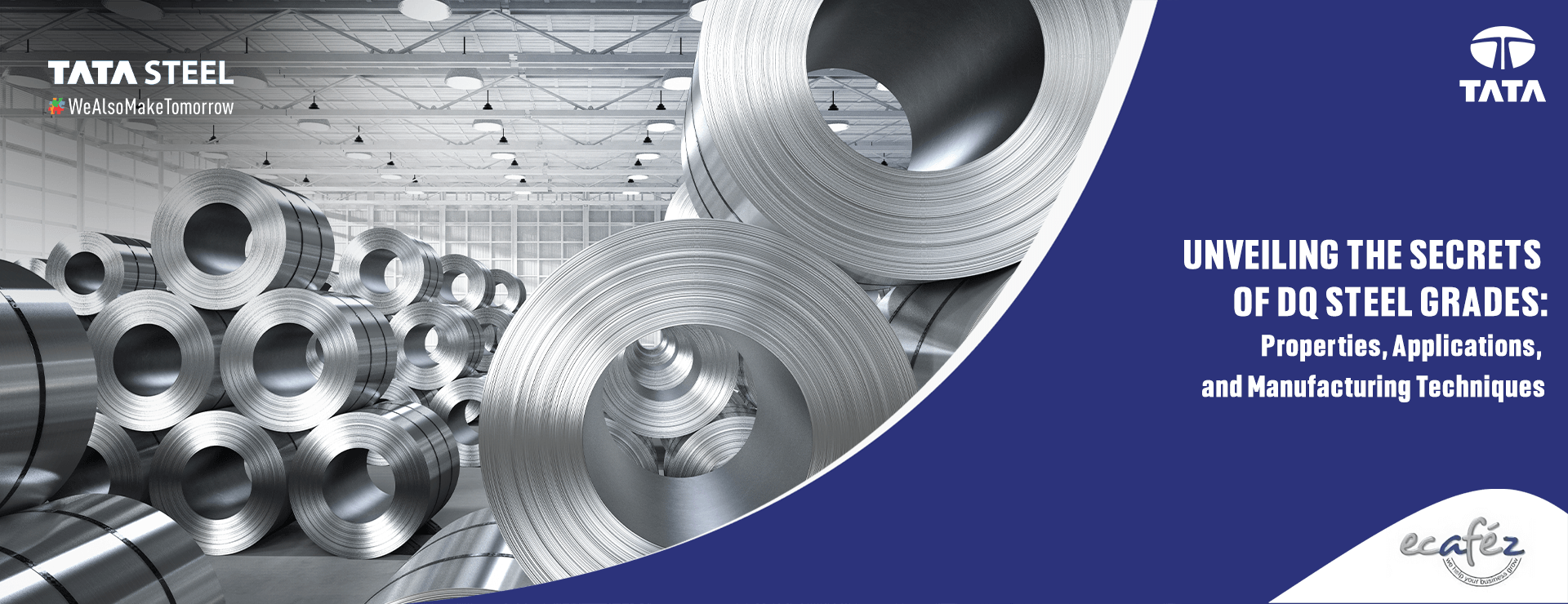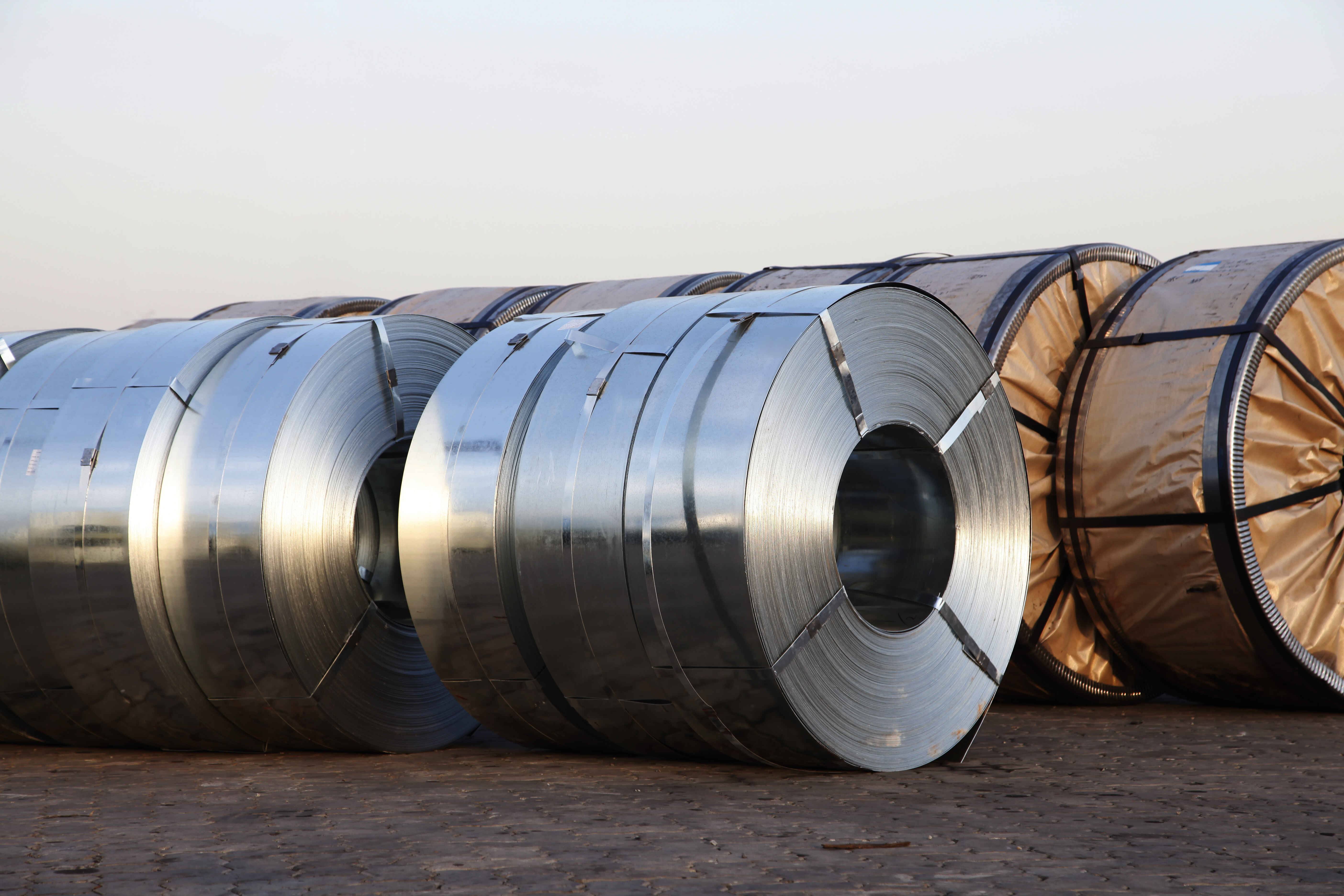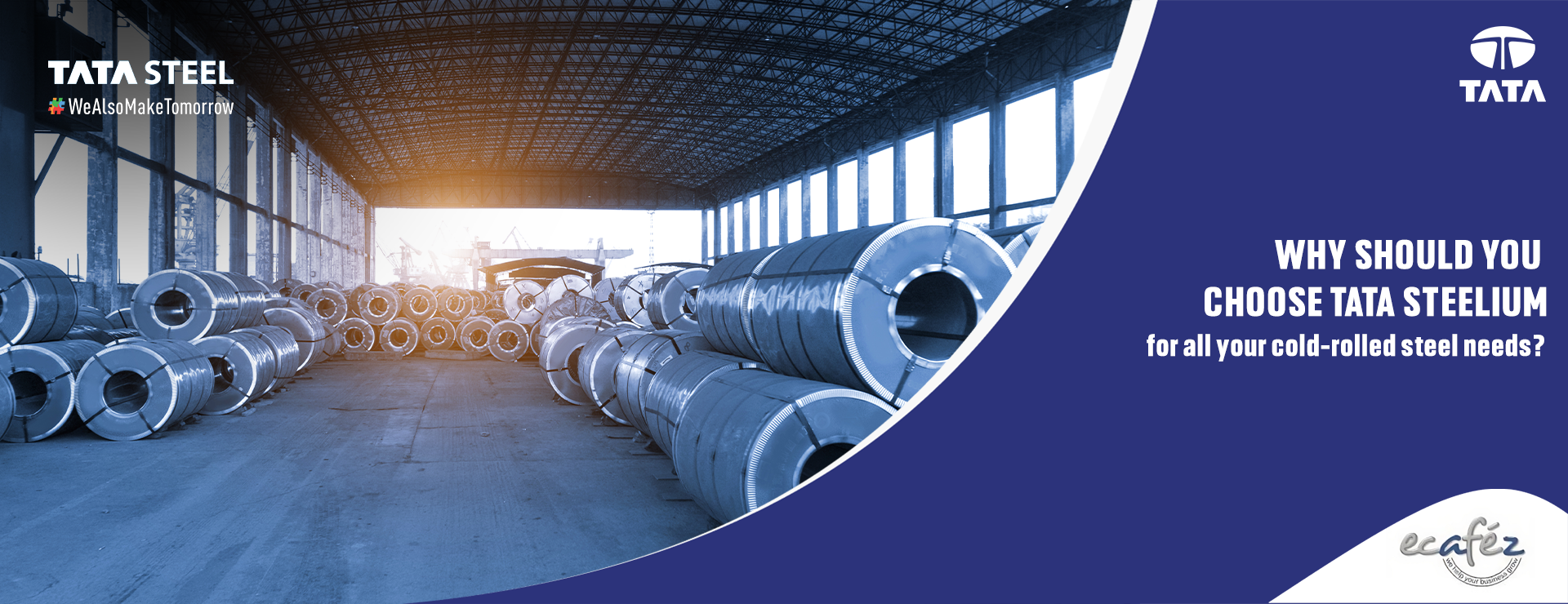The monsoon season in India has a significant impact on various sectors of the economy, including the steel market. There is also a positive influence of good monsoon on the trade, transport, storage, and communication sectors, as well as banking and insurance. However, anything in excess is disruptive to the supply chain, especially when it comes to the steel industry.
In this comprehensive study, we will understand more about the influence of the monsoon season on the steel market, with a particular focus on Tata Steel, one of the leading players in the industry. We will explore how the monsoon affects the steel market and its supply, the effects on the steel industry as the monsoon hits, and how Tata Steel deals with the challenges of the monsoon market.
How Monsoon Affects Steel Supply
The marked slowdown in steel demand has come as a sign of economic slowdown even as the global economy is reeling under the recessionary impact. The scorching heat experienced during April and May, followed by the onset of the monsoon in June, results in a gradual decline in construction activities, leading to a subsequent decrease in demand.Raw Material Procurement
The monsoon season hampers the extraction and transportation of raw materials required for steel production. Mining operations face difficulties due to waterlogged mines and increased safety hazards. Consequently, the supply of iron ore, coal, and other essential raw materials for steel manufacturing becomes constrained, affecting steel's production capacity and the overall steel market.Manufacturing and Production
Adverse weather conditions during the monsoon season can disrupt steel manufacturing processes. Heavy rains and high humidity levels impact plant operations and increase the risk of equipment breakdowns and corrosion. These challenges result in reduced production efficiency and output, affecting the availability of steel in the market.Transportation and Logistics
The monsoon's impact on transportation is one of the most significant challenges faced by the steel industry. Inundated roads, waterlogged railway tracks, and disrupted shipping routes make transporting steel products from manufacturing facilities to customers difficult. Tata Steel and other steel manufacturers may encounter delays, increased transportation costs, and supply chain bottlenecks, leading to a potential shortage of steel in the market.Storage and Inventory Management
As the monsoon season progresses, proper storage and inventory management become crucial for steel companies. Excessive rainfall can damage open storage yards, increasing the risk of rust and corrosion. Maintaining covered storage facilities and implementing effective inventory management systems are essential to protect steel products from moisture-related damage and ensure their availability during the monsoon period.Export and Import Activities
The monsoon season also affects the import and export of steel-related materials. Ports may experience disruptions, causing delays in receiving raw materials or shipping finished steel products to international markets. These challenges can impact the global supply chain and its ability to meet international demands, potentially affecting its market share and profitability.Unveiling the Impact of Monsoon on Steel Demand across Sectors
As the monsoon season approaches in India, steel supply is disrupted significantly. Rainfall and adverse weather conditions present logistical challenges for every stage of the steel supply chain. The adverse weather conditions and heavy rainfall have direct and indirect implications for Tata Steel and other steel manufacturers, as well as for the overall steel market. Let's explore the various ways in which the monsoon impacts the steel industry.
Construction Sector Slowdown
The construction industry, a major consumer of steel, faces a noticeable slowdown during the monsoon season. Outdoor construction projects, such as high-rise buildings, infrastructure projects, and housing developments, are significantly affected by heavy rains and challenging weather conditions. Construction activities are often suspended or delayed due to safety concerns and the difficulty of working in muddy and waterlogged sites. Consequently, the demand for steel decreases, affecting Tata Steel's sales and the overall steel market.Infrastructure Development Delays
The monsoon season can lead to delays in infrastructure development projects, such as bridges, roads, and flyovers. Construction activities in these projects are heavily impacted due to the need for solid foundations and uninterrupted work progress. Weather-related challenges, such as waterlogging and soil erosion, can hamper construction timelines and result in reduced steel consumption during this period.Lower Steel Demand in Rural Areas
Rural areas, which rely heavily on agriculture, experience a decline in steel demand during the monsoon season. The agricultural sector slows down as farmers face challenges such as waterlogging, crop damage, and reduced farming activities. With the rural economy affected, the demand for steel products used in agriculture, such as tractors, irrigation systems, and farm equipment, decreases, affecting Tata Steel and the steel industry at large.Reduced Steel Consumption in Automobile Manufacturing
The monsoon season also impacts the automobile manufacturing sector, leading to decreased steel consumption. The demand for automobiles tends to decline during this period as customers postpone purchases due to poor road conditions, increased accident risks, and transportation difficulties. As a result, Tata Steel's sales of steel sheets, coils, and other automotive components are affected, influencing the overall steel market performance.Impact on Steel Exports
The monsoon season can also have repercussions on steel exports. International shipments may face delays due to disrupted transportation routes and adverse weather conditions, affecting Tata Steel's ability to fulfill export orders and maintain a steady revenue stream. This can impact the company's global market presence and competitiveness.Mitigation Strategies by Tata Steel during the Monsoon Market
Tata Steel, being a prominent player in the steel industry, implements various strategies to navigate the challenges posed by the monsoon season effectively. These proactive measures enable the company to maintain market stability, ensure a continuous supply of steel products, and minimize the impact of the monsoon on its operations. Let's explore the key strategies employed by Tata Steel during the monsoon market:
Inventory Optimization
Tata Steel carefully manages its inventory levels during the monsoon season. By closely monitoring demand fluctuations and aligning production accordingly, the company avoids the risk of excess stock or supply shortages. This involves effective forecasting, demand planning, and production scheduling to maintain an optimal balance between supply and demand.Supply Chain Management
Tata Steel places significant emphasis on optimizing its supply chain to ensure the smooth delivery of steel products to customers, despite the logistical challenges posed by the monsoon season. The company establishes alternative transportation routes, works closely with logistics partners, and implements robust inventory management systems to minimize disruptions. By ensuring efficient coordination and communication across the supply chain, Tata Steel aims to maintain a seamless flow of materials and products.Diversification of Customer Base
To mitigate the impact of reduced steel demand from sectors heavily affected by the monsoon, such as construction and infrastructure, Tata Steel focuses on diversifying its customer base. The company actively targets industries that are less prone to seasonal fluctuations, such as manufacturing, energy, and consumer goods. By expanding its reach and customer portfolio, Tata Steel reduces its vulnerability to the slowdown in specific sectors during the monsoon season.Innovation and Product Development
Tata Steel invests in research and development to introduce innovative steel products that are resistant to weather-related challenges. Recognizing the need for steel with enhanced durability and corrosion resistance during the monsoon, Tata Steel offers specialized variants suitable for construction projects and infrastructure development. These weatherproof and corrosion-resistant steel products provide customers with reliable solutions, even in adverse weather conditions.Collaboration with Government Initiatives
Tata Steel actively collaborates with government initiatives to navigate the monsoon market. By aligning its strategies with government policies, such as the "Make in India" campaign, Tata Steel taps into opportunities for infrastructure development projects that are less affected by the monsoon. The company actively participates in government-backed schemes to ensure stable demand for steel and create long-term market stability.Safety and Maintenance Protocols
During the monsoon season, Tata Steel places paramount importance on safety and maintenance protocols. The company conducts rigorous inspections of its facilities, machinery, and infrastructure to identify and address any vulnerabilities caused by adverse weather conditions. By ensuring the safety and reliability of its operations, Tata Steel minimizes the risk of accidents, downtime, and disruptions in production.In conclusion, Tata Steel adopts a comprehensive range of strategies to mitigate the challenges posed by the monsoon season. Through inventory optimization, efficient supply chain management, customer diversification, innovation, and collaboration with government initiatives, Tata Steel strives to maintain market stability and fulfill customer demands. By implementing stringent safety and maintenance protocols, the company safeguards its operations during adverse weather conditions. These proactive measures enable Tata Steel to successfully navigate the monsoon market and position itself as a reliable and resilient player in the steel industry.
